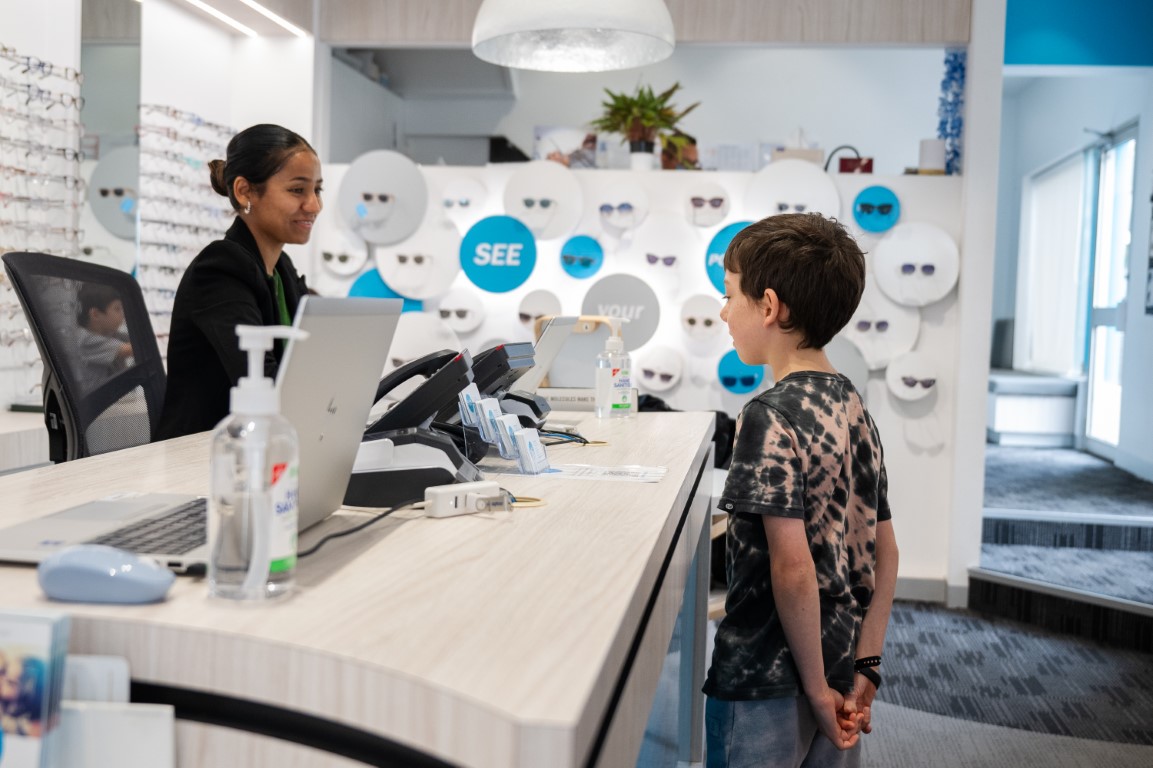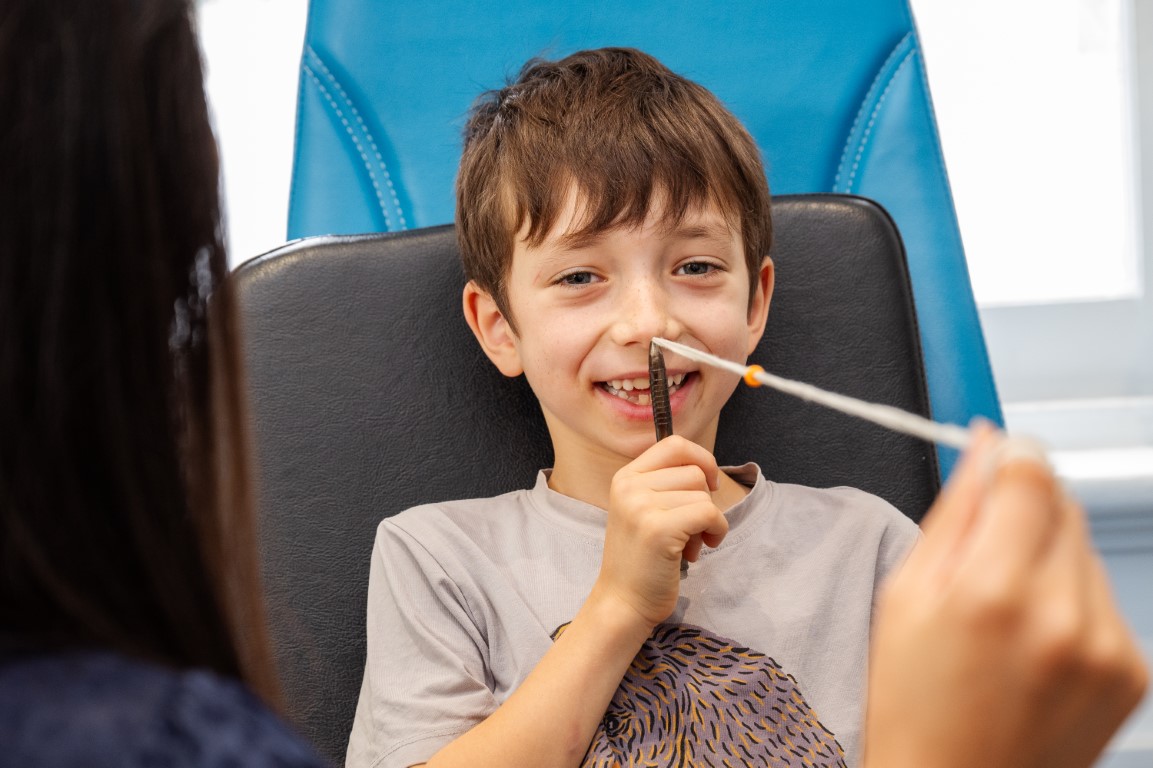What is Vision Therapy?
Vision Therapy is a personalised treatment designed to improve how your eyes and brain work together. It usually consists of a combination of daily exercises, games and activities, which help you or your child overcome visual challenges that can impact learning, reading, and day-to-day activities.
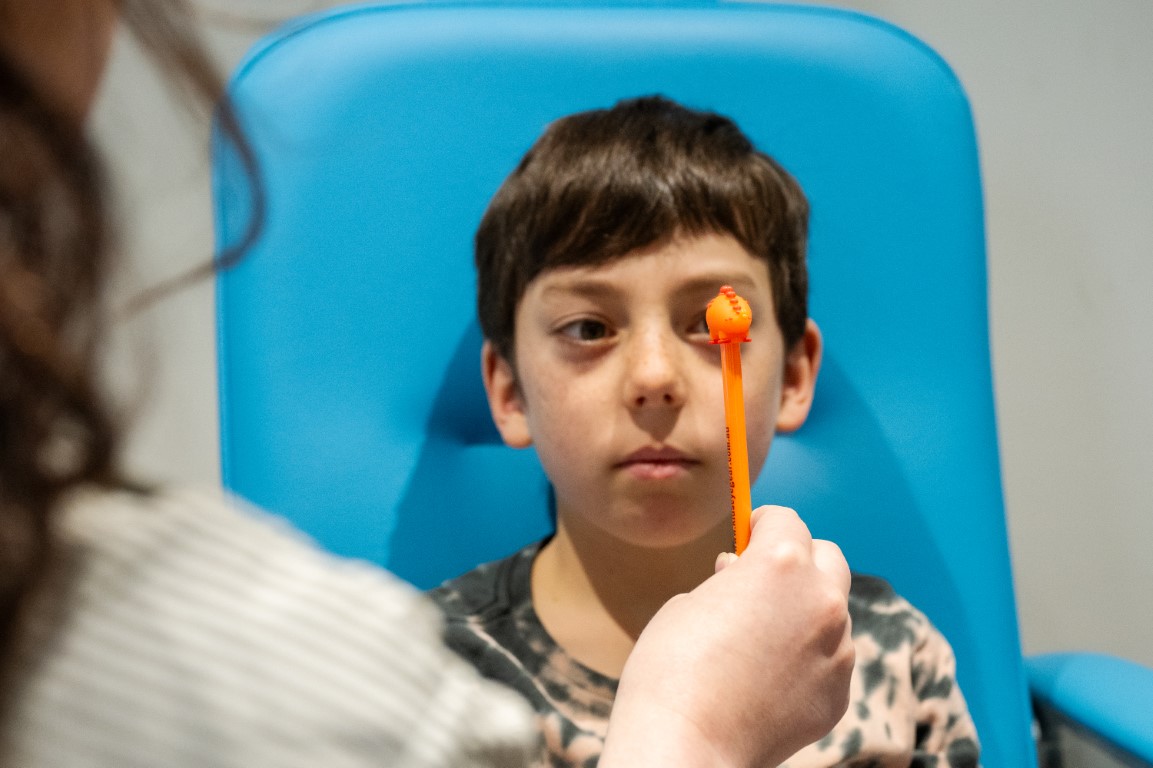
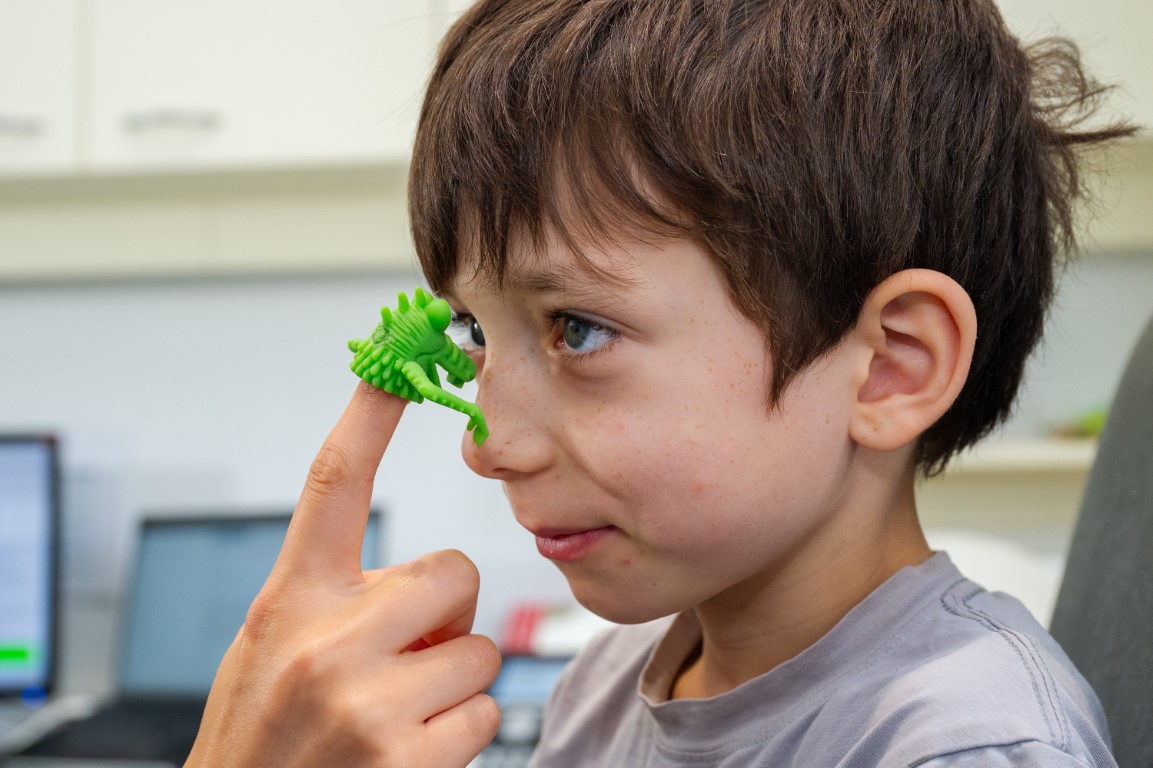
Improve Visual Skills
Tailored to You
Fun for Kids
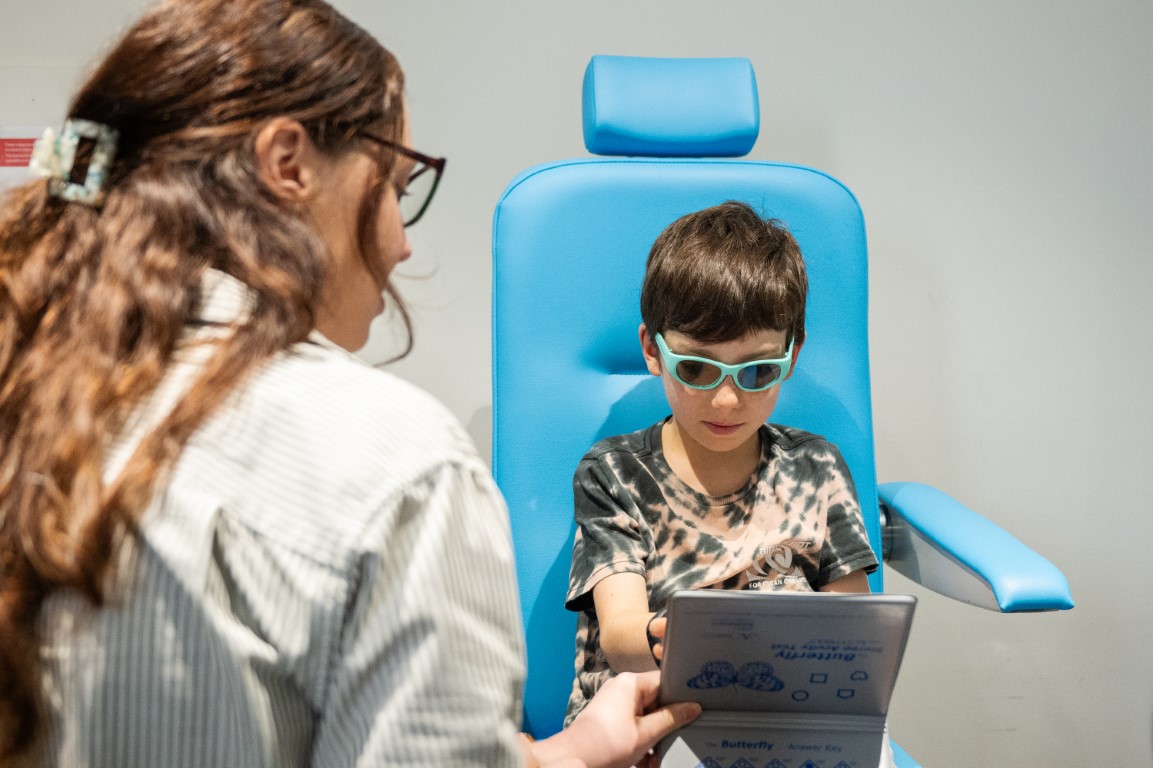
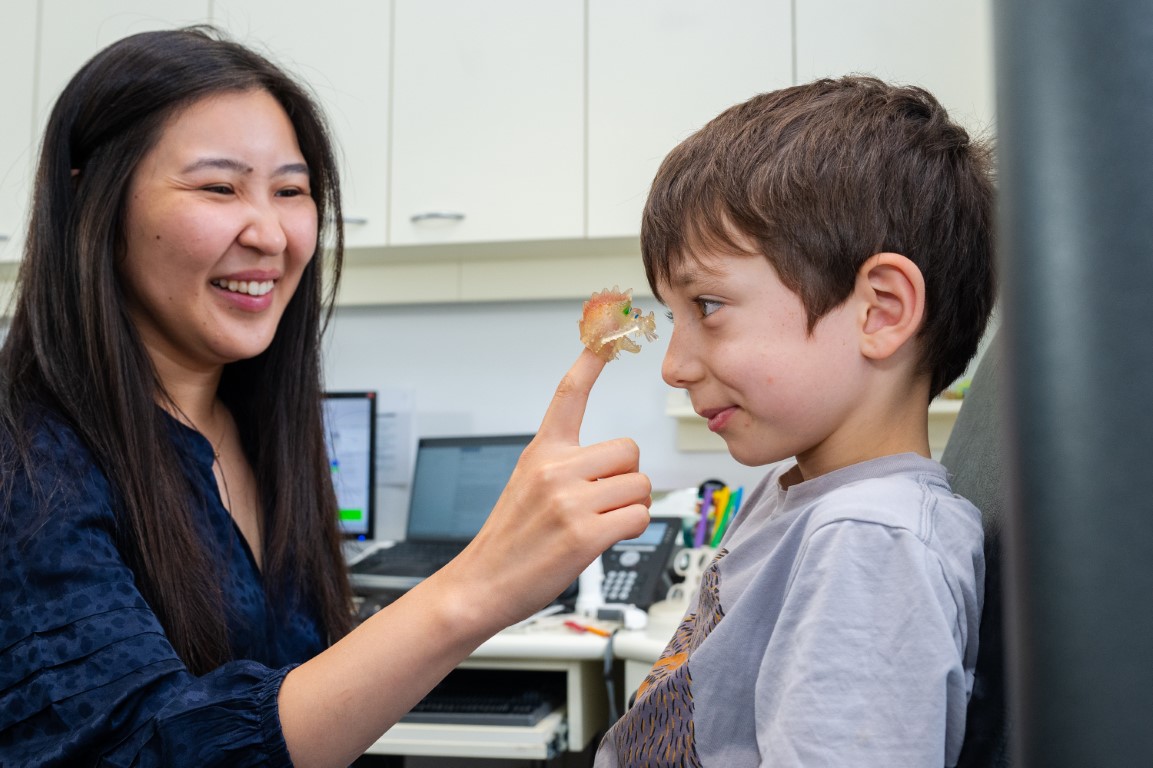
How does Vision Therapy Work?
Vision therapy works by retraining the visual system to function more effectively.
Through customised programs, we can address a variety of visual and perceptual issues including:
- Poor hand-eye coordination
- Eye teaming and tracking issues
- Trouble focusing or concentrating
- Perception and processing problems
- Convergence insufficiency
- Amblyopia (lazy eye)
- Strabismus (crossed eyes)
- Difficulty with depth perception
- Visual motion sensitivity and dizziness
Vision Therapy programs at Pezzimenti Nixon typically take place over 12 weeks, with fortnightly in-office visits and essential at-home practice.
Customised Care for Lasting Results
We know that every patient’s visual needs and challenges are unique.
Our Vision Therapy programs are designed to meet your child where they’re at, following a developmental approach. Each program is tailored to ensure long-term improvements in both vision and quality of life.
